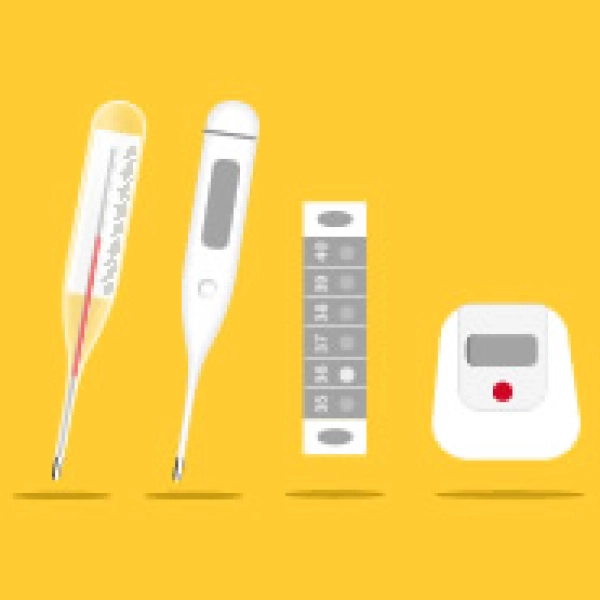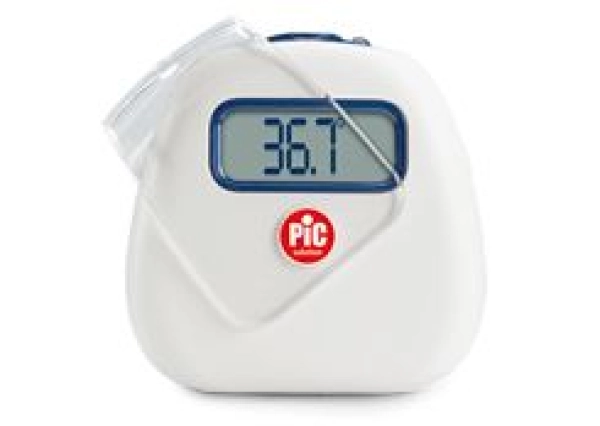

The doctor's presence has always been a reassuring element for our health. Even today, despite unfortunate self-diagnosis habits fuelled by the abundance of medical content and information available online, most patients fortunately prefer making an appointment with a professional to taking the do-it-yourself suggestions gleaned from forums and magazines with little scientific authority. But what if you could add to your doctor's insight some useful advice from advanced devices, such as a blood pressure monitor or glucometer? Cyber medicine may be closer than you think: the technology is still being developed, but basically integrates artificial intelligence software in wireless devices designed for our physical health. Let's find out more about it, together.
The healthcare machine learning industry, which is sometimes simply called "cyber medicine", is attracting investments from computer technology leaders such as IBM, Google and Samsung as much as from giants in the biomedical sector. Machine learning is a computer technology used to design software based on algorithms that reproduce the circuits in our brain responsible for learning on a silicon counterpart. In the healthcare industry, cyber medicine devices are first trained with thousands of data about a single pathology. Thanks to software's immense processing capacity, and after an adequate training period, the cyber medicine device "learns" to foresee the consequences of a specific clinical situation according to an individual's blood pressure values or the evolution of glycaemia over time.
It's not about replacing your flesh-and-bone doctor: the cyber medicine devices of the future, equipped with machine learning, have been conceived and designed for prevention and to be able to work at doctors' side. In its early phase, cyber medicine is mostly destined to scientists, researchers and doctors. Later, when it will be far more mature and less experimental, cyber medicine might also be available to people who need treatment. In this context, the presence of a robot would make diagnosis easier while also indirectly benefiting the patient.
According to a survey conducted by the Universities of Stanford and Chicago in May of 2017, cyber medicine prototypes can calculate and prevent hospitalisation, reduce hospital care periods and avoid worsening pathologies. These experimental devices may seem like technological crystal balls that can foresee the future of our health - but must not trick us with their appearances. Even experts in the field say cyber medicine is only an approximation of what happens in a doctor's brain at a biological level. However, a device's processing capacity is higher than any human being's, making it able to detect, at least in statistical terms, the pathologies that may be lurking in the Big Data that can be extracted from a patient's clinical folder.






